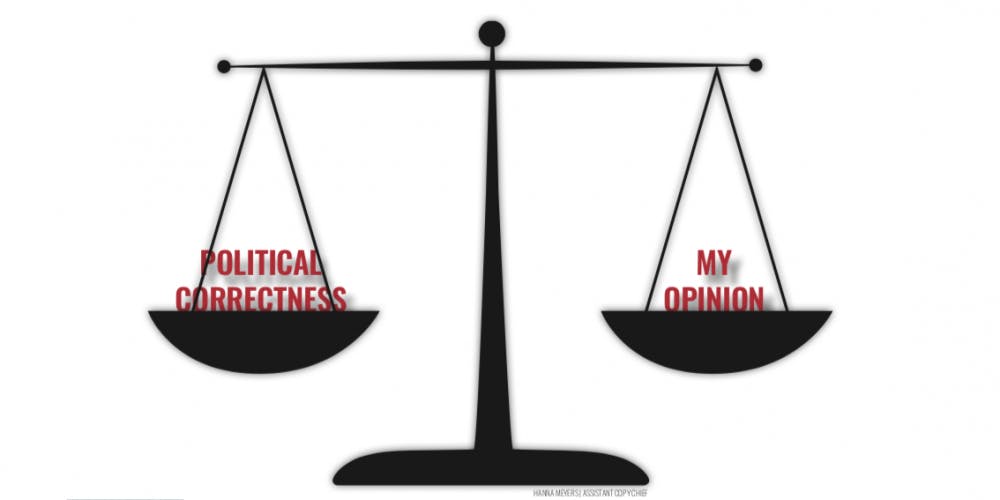About two years ago, Pulitzer Prize-winning columnist Kathleen Parker spoke at Elon University as part of the Baird Pulitzer Prize Lecture Series. The conservative Washington Post columnist was met with criticism from the student body — specifically for her commentary on campus rape — with many students petitioning the university to disinvite her from speaking. Similar events have occurred across the United States, where students have protested the views of particularly polarizing figures.
Parker’s speech addressed the topic of free speech which is related to political correctness, a term that has multiple definitions, according to NPR, but generally is described as the avoidance of derogatory or offensive commentary, especially to a marginalized group in society. Her visit preceded the start of President Trump’s time in office, which has created a national wave of dissension across all political parties.
A report published last week, “Hidden Tribes: A Study of America’s Polarized Landscape,” found that 80 percent of Americans, mainly representing the “exhausted majority,” believe that political correctness has gone too far.

The divisive rhetoric of the current administration brings into question whether political correctness curtails free speech. PC culture can foster healthy relations by preventing discriminatory words or actions, but there is a hard line between free speech and hate speech. Freedom of speech is a privilege we have in the United States to voice our opinions without retaliation, but hate speech directly attacks a person’s identity.
In a #MeToo and #BlackLivesMatter world, voicing your opinions has the potential to liberate others from the constraints of injustice, and equally so, voicing your opinions can create animosity between groups. Don’t voice opinions to attack someone’s identity — voice opinions to change some part of society.
Parker’s visit reminded us that while it is important to have free speech available to all political views, it is more important to listen to the the opinions of others that differ from yours. Creating an awareness of how others think may deepen your understanding of how you came to realize your individual beliefs.
More significantly, listening to someone’s opinions may strengthen your capacity to argue against others’ opinions. Instead of sugarcoating your truth under the façade of PC culture, try to unpack opposing views, and make sure to criticize and condemn discriminatory views and actions.
With midterm elections approaching, you can’t hide from your problems under the cloak of PC culture. You have to target them head-on without masking your truth.

